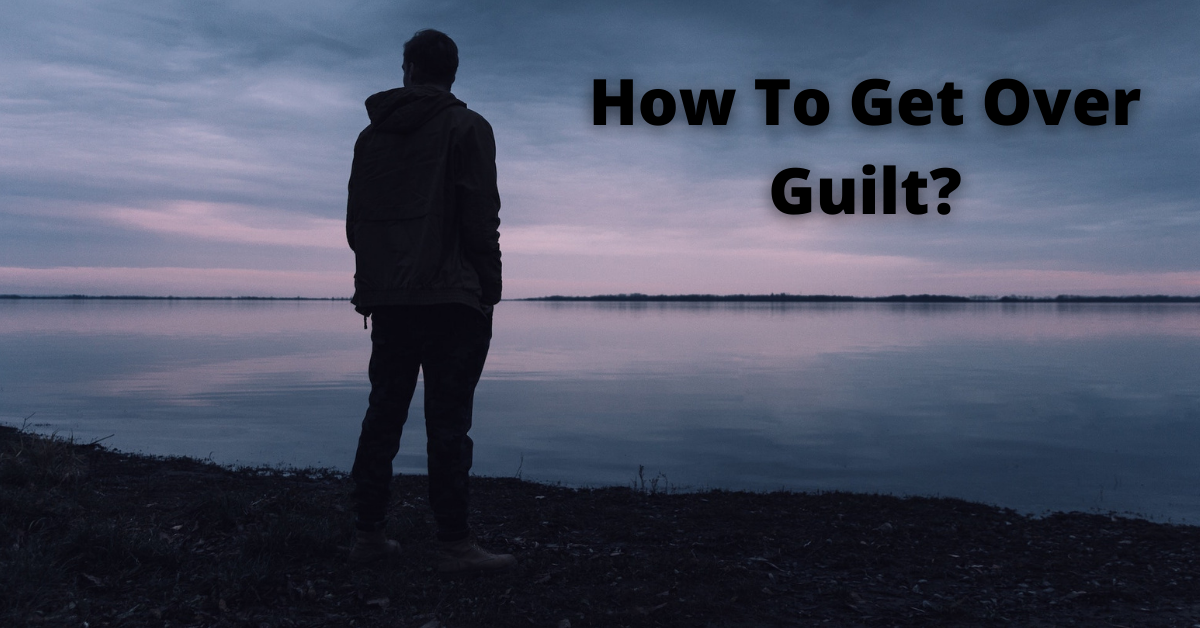
Dear Eric: I did something bad — I ghosted a friend. The friendship made me uncomfortable. I thought he had romantic feelings for me, or maybe he just wanted more from the relationship than I did.
Since I moved to a new city, I was very slow to respond to texts/calls and basically stopped. Then the pandemic hit and he reached out to see if I was okay and I still didn’t respond. It was brutal. I think about it regularly and have spent therapy dollars talking about it but I still haven’t done anything.
I hurt someone who cared about me, and I want to apologize, but I don’t want to open the door to a relationship. Can you help me?
Friend: You may have been ghosted, but you are the one being haunted. The way to banish your guilt is to admit your guilt and see if there is a way to make it right. That said, it is important to listen to your initial discomfort.
You are not obligated to put yourself in a position of harm to compensate for an unkind act. So be careful about this — create a script with your therapist and figure out what your goals really are. You don’t want to reconnect; you just want to clear the air.
Consider a letter instead of a phone call or text. I think you are holding yourself to a higher standard than necessary and are causing yourself misery.
Friendships come and go all the time. Sometimes the hardest part is acknowledging that a connection has changed or just doesn’t feel right anymore. I asked Anna Goldfarb, author of “Modern Friendship: How to Nurture Our Most Valued Connections” and the Substack newsletter Friendship Explained , for a handy script:
“I like the ‘gracious, direct, and warm’ method when declining invitations,” Goldfarb said. “‘Thanks for reaching out, Becky (gracious), but I’m not available to have lunch this week (direct). Have a great day! (warm).’ Repeat as needed.”
By the way, when I mentioned your situation with Goldfarb, she had a different interpretation than I did; it’s worth considering the following:
“Studies show that social rejection hurts just as much as physical pain, so you feel like you’ve hurt him and are plagued by guilt. But I’m not convinced that apologies are appropriate. We have no moral obligation to respond to sporadic unsolicited messages from acquaintances who live in other cities. That’s the risk this friend took by texting you out of the blue; you might not respond. That’s the brake!”
What you want to focus on is your emotional health and well-being. Sometimes we fail to communicate well with other people. We can always apologize and try to do better, but you don’t have to torture yourself with what you imagine to be the emotional state of your former friend.
Dear Eric: I have a very good friend who lives in Los Angeles, where parking is difficult, and he uses a handicapped parking pass, just for convenience.
He was originally issued this license over 10 years ago by his orthopedic surgeon when he had hip surgery. The license is being automatically reissued to him without him having to prove that he still needs it. He has done nothing to fix this, but I find this offensive and makes me think less of him. I am a physician and in my state (Illinois) the issuance of handicapped permits is heavily regulated. Should I confront him about this?
Sticker: You need to speak up for the sake of your friendship. This will fester. You may wonder if there are other areas where you and your friend see morality differently and what that might mean. This doesn’t have to destroy your friendship, but keeping your thoughts inside will only strengthen them.
Now, your friend may have a reason for continuing to need the permit that you may not be aware of. He does not have to disclose his medical status to you and you should not insist, but be open to the possibility that it is not just for convenience. None of us should ever judge someone for using a disabled permit just because he does not “look” disabled.
However, if it’s for convenience, he may see this as a victimless violation, which technically isn’t true. If he’s parked in the last handicapped parking spot, where does someone with mobility issues park? You don’t have to get into a political debate with your friend. Some might argue that this is all the fault of the city of Los Angeles, because they haven’t properly regulated their parking stickers.
Okay, fine. That’s neither here nor there in your friendship. We owe it to our friends and society to “call them out” when we see them doing something that could be harmful to themselves or others.
(Send your questions to R. Eric Thomas at [email protected] or PO Box 22474, Philadelphia, PA 19110. Follow him on Instagram and sign up for his weekly newsletter at rericthomas.com.)
2024 Tribune Content Agency, LLC.